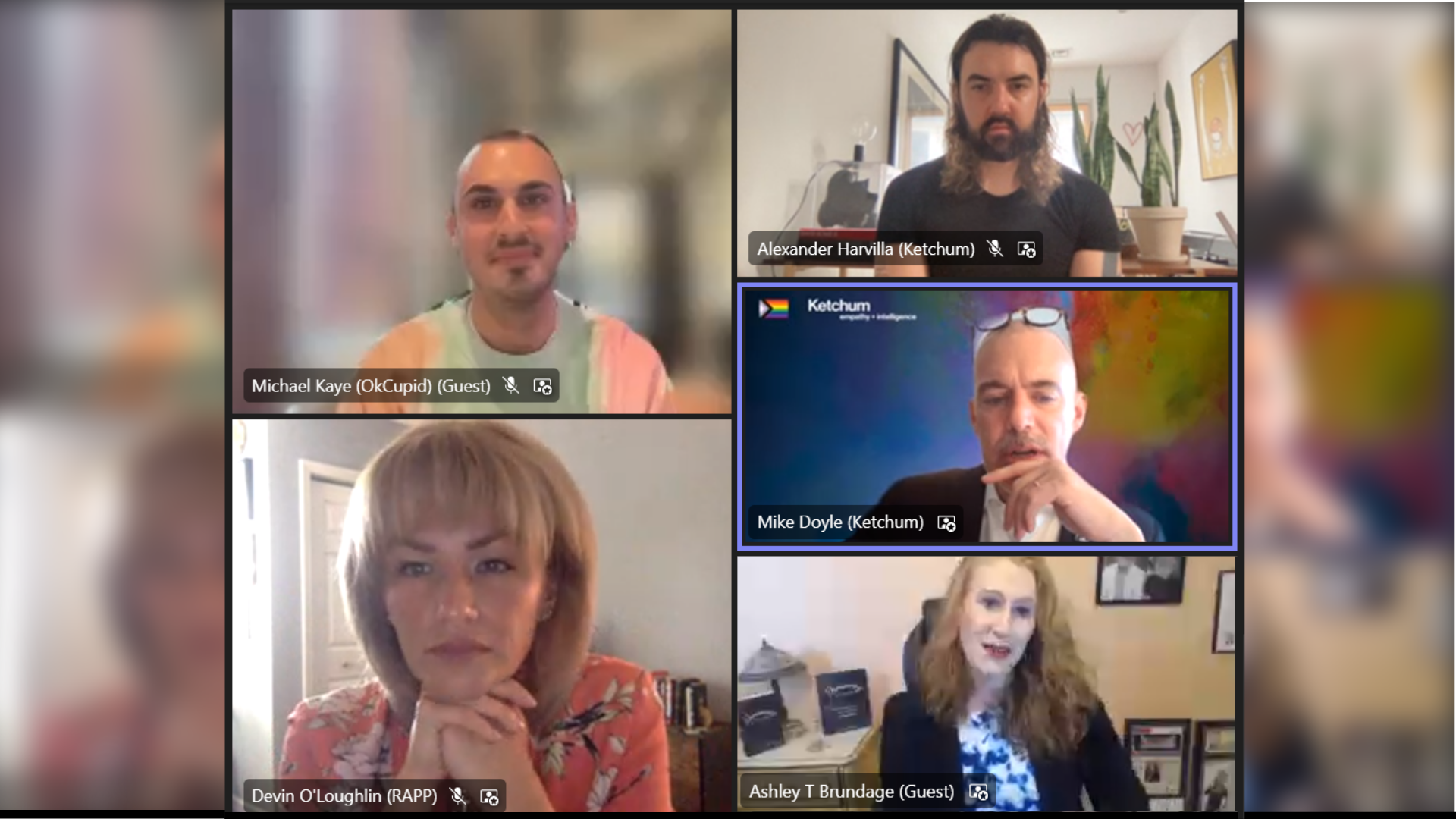 I think we’ve let ourselves get distracted over the past couple of years by the digital bandwagon. We’ve got all of these new communications channels all around us that promise so much. But what has really changed?
I think we’ve let ourselves get distracted over the past couple of years by the digital bandwagon. We’ve got all of these new communications channels all around us that promise so much. But what has really changed?
Regardless of whether you are broadcasting on Facebook, Sina Weibo or YouTube, we still have our target audiences just as we had with newspapers, TV and radio. We’ve always had “fans” who “like” us and detractors who don’t. Deciding which side of the fence to sit on is still based on values and behavior.
We’ve all heard the adage that “it takes a lifetime to build a reputation, but it only can take a minute to lose it.” Never has this been more true. But did you know this was coined over 75 years before the current digital age? Word-of-mouth has always worked and still works. Retweeting may make it go round the world faster, but the effect is the same.
I think there are two things that have changed in our new digital world. First, modern society holds individuals and organizations more accountable for their actions than ever before. Second, amplification: the always-on, always-refreshed, always-shared digital world turns up the volume dial on dissatisfaction and complaint. What’s more, these two factors are related in a feedback loop which cannot be interrupted: accountability feeds amplification, which feeds accountability ad infinitum.
So now that we’ve taken stock of where we are, let’s get back to the fundamentals. In this modern, highly connected world, reputation is as important as it has ever been. What’s new is that we’ve now got the most comprehensive tool kit we’ve ever had at our disposal to manage it effectively.


